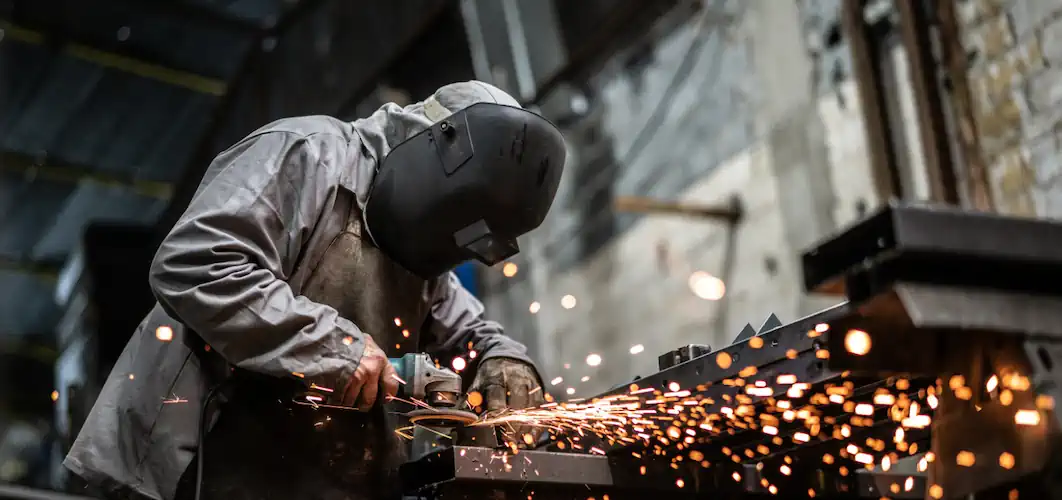Private Firefighter Certification: Why Standardized Training Matters
Private firefighting plays a growing role in disaster preparedness and property protection, often contracted by corporations, gated communities, or government agencies during wildfire seasons or large-scale incidents. Yet, despite its critical role, private fire services lack a unified set of standards for training and certification.
In this article, we explore why establishing standardized training and certifications protocols for private firefighters is essential to improving performance, ensuring safety, and earning public trust.
The Need for Standardized Private Firefighter Certification
The absence of standardization has created gaps in the knowledge, skills, and emergency preparedness of private firefighters. Without uniform requirements, there's no way to guarantee that each firefighter has received comparable training or certification.
1. Key Issues Caused by the Lack of Standardization:
• Wide variability in the quality of private firefighting services
• Unclear expectations and performance benchmarks
• Increased risk during fire emergencies due to inconsistent training
Implementing uniform certification processes can reduce these inconsistencies and create a minimum safety baseline for all private firefighting operations.
How Lack of Fire Officer Training Standards Creates Inconsistencies
Currently, each private firefighting company may deliver training differently—or choose not to train at all. This inconsistency makes it difficult for volunteer and contracted private firefighters to demonstrate proficiency in fire response, vehicle accidents, and disaster management.
Inconsistent training leads to:
• Varying skill levels across departments
• Limited preparedness for emergencies
• Reduced trust from clients and partners
It is essential that proper training and universal standards are established and monitored within this incredibly important profession.
Benefits of Standardization for Firefighters and Clients
Standardizing private firefighting practices improves outcomes for both service providers and the clients they protect. When reputable organizations like the National Fire Protection Association (NFPA) enforce consistent processes, both quality and accountability increase.
Clients benefit from predictable, high-quality service, regardless of which private fire department is contracted. Meanwhile, firefighters gain clear service expectations, allowing them to better prepare and deliver responses tailored to each emergency.
Standardization also signals professionalism and commitment to safety, giving clients the confidence to invest in preventative services and long-term contracts.
Standardization Ensures Prompt Emergency Responses
Professionals with Fire Officer Professional Qualifications show a commitment to excellence, which means having the necessary knowledge to respond quickly and effectively when called. Not only will they be equipped to manage a variety of emergency scenarios, but certified private firefighters also understand how to work collaboratively with other fire departments and responders in efficiently tackling natural disasters and other unpredictable events.
• Speed and precision in emergencies
• Seamless collaboration with public responders
• Confidence in the responder's training and abilities
Passing a standardized training program and having the bare minimum job performance requirements gives the consumer confidence that their safety is in the hands of professionals who have proven their ability to handle any situation.
Standardization also signals professionalism and commitment to safety, giving clients the confidence to invest in preventative services and long-term contracts.
Certification Provides Client Assurance
Clients often question the reliability of private firefighting services, especially in critical situations. Standardized protocols ensure:
• All personnel meet baseline certification requirements
• Firefighters are trained in real-world emergency handling
• Safety equipment (e.g., protective gear) meets compliance standards
• Operational accountability is built into every task
Additionally, standardizing operational procedures helps ensure full accountability from all personnel throughout the work process. With such protocols in place, clients are sure to receive reliable and consistent stock of service that meets all safety requirements.
Standardization Ensures Prompt Emergency Responses
Standardized training and certification are essential for ensuring the safety, reliability, and professionalism of private firefighting services. Without clear expectations and uniform protocols, the industry risks inconsistent service, reduced public trust, and avoidable safety failures.
Now more than ever, private firefighting teams must commit to structured certification, continuous training, and regulatory alignment to meet the demands of modern emergency response.
Oteplace supports this mission by providing the certified firefighting PPE and emergency response gear essential for operating in high-risk environments. From thermal-protective suits to flame-resistant outerwear, we connect organizations with reliable, regulation-compliant products tailored for private fire service needs.


























